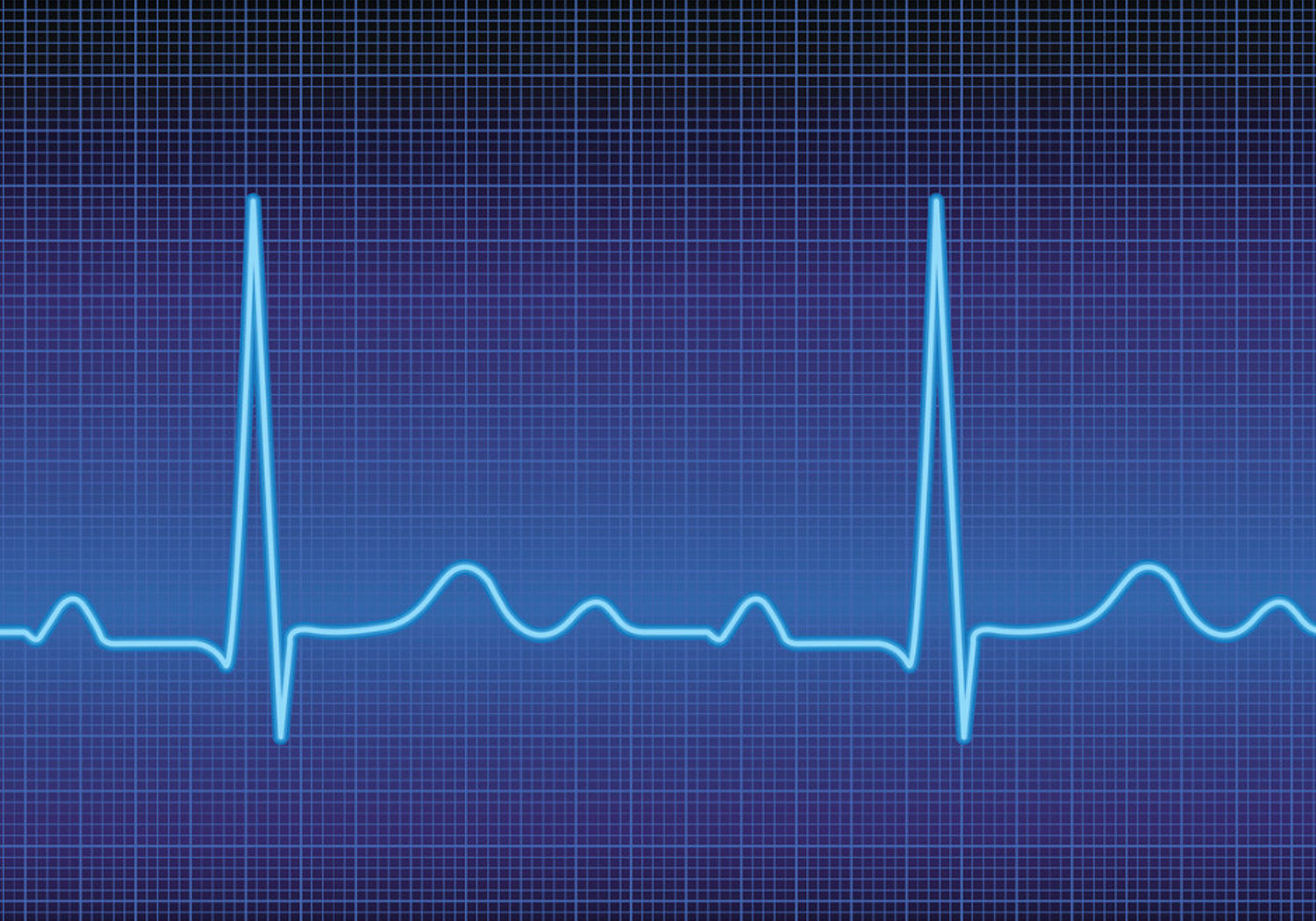Metrology of automated data analysis for cardiac arrhythmia management
Validating software for automatic diagnoses of cardiovascular diseases

Cardiovascular disease (CVD) is responsible for 3.9 million deaths a year in Europe. Currently, Electrocardiography (ECG) is used for a non-invasive and cost-effective way for initial clinical examinations and subsequent patient monitoring. Automated detection systems and computer-based machine learning techniques are becoming available for diagnosing and monitoring CVD such as ischemia and arrhythmia. To build trust in automated CVD diagnostics, and help reduce healthcare costs, a standardised procedure needs development to validate complex underlying algorithms and machine learning techniques.
This project developed a synthetic reference ECG measurement dataset, including healthy variations and selected CVD pathologies, to performance test CVD diagnostic devices. The project has, for the first time, provided traceability for CVD data analysis techniques. Such standardised testing will help manufacturers develop new ECG devices with improved CVD diagnosis reliability, thus helping promote uptake of the technology, both in clinical use and for monitoring equipment for use in the home.
Zenodo
Zenodo
IEEE Transactions on Biomedical Engineering
Metrology
Machine Learning for Health, Arxiv
2022 Computing in Cardiology Conference (CinC)
Computers in Biology and Medicine
2022 Computing in Cardiology Conference (CinC)
Current Directions in Biomedical Engineering
Frontiers in Physiology
Computing in Cardiology
EP Europace
Computing in Cardiology
2021 Computing in Cardiology (CinC)
Current Directions in Biomedical Engineering
Philosophical Transactions of the Royal Society A: Mathematical, Physical and Engineering Sciences
Computing in Cardiology 2021
Medical Image Analysis
Journal of Clinical Medicine
Current Directions in Biomedical Engineering
Current Directions in Biomedical Engineering
APL Bioengineering
IEEE Journal of Biomedical and Health Informatics
2019 Computing in Cardiology Conference (CinC)
Participating EURAMET NMIs and DIs
IMBiH (Bosnia and Herzegovina)
LNE (France)
NPL (United Kingdom)
PTB (Germany)
Other Participants
Arrhythmia Alliance (United Kingdom)
Fraunhofer-Gesellschaft zur Foerderung der angewandten Forschung e.V. (Germany)
Karlsruher Institut fuer Technologie (Germany)
King's College London (United Kingdom)
Medizinische Universität Graz (Austria)
Technische Universität Berlin (Germany)
Information
